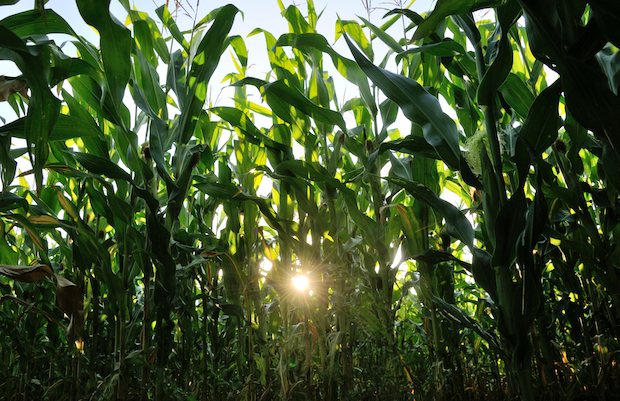EU set for groundbreaking vote on GM food

European ministers are on the cusp of deciding whether to allow the cultivation of a new form of genetically modified (GM) maize in the EU.
Pioneer 1507 is a type of maize developed by DuPont and Dow chemical that is able to resist moths, such as the European corn borer and has already been approved as a component of animal feed.
The vote is very much up for grabs, with the European Council split on whether to allow the cultivation of the new crop. It has been over a decade since the original application to cultivate Pioneer 1507 was submitted.
In September, the European Court of Justice decided that the EU had unreasonably delayed a decision on Pioneer 1507.
Should ministers approve the crop it would provide the first challenge to Monsanto's dominance of the small European GM market.
The EU has only ever approved two other GM crops for cultivation – one strain of maize and a potato. However, the maize was later blocked by a court ruling.
While GM food continues to receive strong criticism from European environmental groups, the developing world has embraced GM food with amazing effects.
In the second half of the 20th century American biologist Norman Borlaug was responsible for the development of strains of wheat that boosted production and is credited with saving over a billion lives.
More recently, the development of golden rice allows farmers to grow crops which can provide up to 60 per cent of a child’s vitamin A daily requirements from only 50 grams of rice.
The World Health Organisation estimates that 170m to 230m children and 20m pregnant women are vitamin-A deficient and, as it weakens the immune system, that 1.9m to 2.7m die of it each year, more than from Aids, TB and malaria.
Yesterday, the European commissioner for Health Tonio Borg, said EU ministers needed to take the opportunity to act:
The Court's decision on maize 1507 confirms the urgency of re-launching discussions on the cultivation proposal made by the Commission back in 2010.
While a majority of EU ministers are hostile to GM there may not be enough to secure a qualified majority. However, the Commission indicated that if a "predominant majority" were against the proposal it seek to avoid approving the crop for cultivation.
Here's how the votes are set to stack up so far.
For
UK, Sweden, Finland, Spain and Estonia.
Against
France, Italy, Austria, Poland, Latvia, Lithuania, Denmark, Malta, Luxembourg, Greece, Romania and Hungary.
Abstain
Germany and Bulgaria.